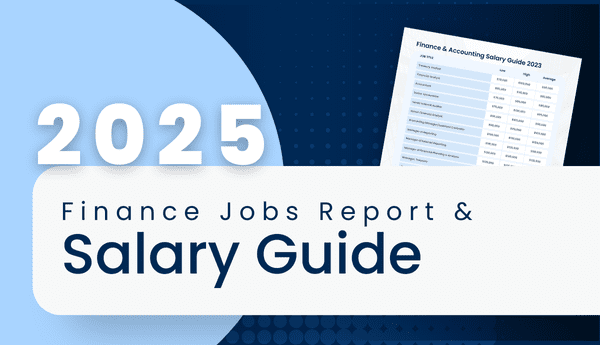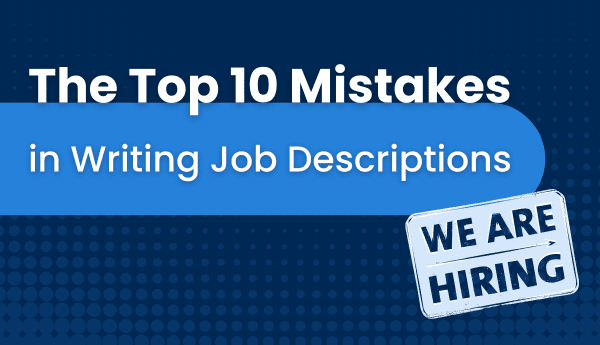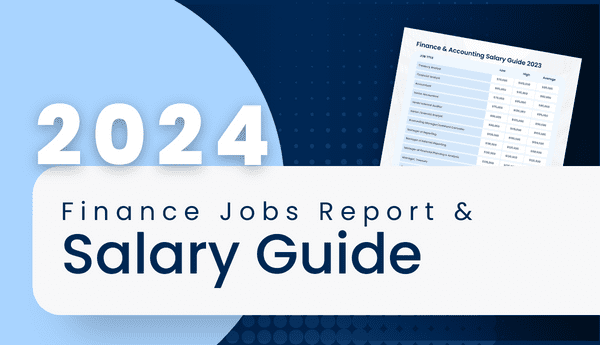With the average bad hire costing 100% of the candidate’s first year salary, there is no doubt that a poor hiring decision impacts the bottom line.
And while some would argue that a bad finance hire and its attendant repercussions are simply the cost of doing business, it’s clear that bringing someone on board who is not a fit has far-reaching implications beyond your budget.
Team Impact
Whether your bad finance hire stays or goes, there can be a negative impact on the team. If they stay, then fellow team members typically rally, at least initially, to support the bad hire. This can mean a misguided investment of time and energy that would be better spent completing their own duties. If the bad hire goes, remaining team members are asked to pick up the slack, potentially resulting in resentment and resignations. Either way, hiring the wrong person can damage team morale and performance.
Time Wasted
In the deadline driven world of finance and accounting, a bad finance hire costs you that rarest of commodities – time. Time spent managing a bad hire could be better invested in mentoring top performers or completing relevant duties. Fundamentally, a poor hiring decision means time lost.
Damage to Relationships
If your hire is responsible for managing customer relationships or external partnerships, you risk alienating the very people you need to achieve targets and drive outcomes. Put another way, a bad hire can result in both lost opportunities and business.
Bad hiring decisions impact more than your bottom line. They can derail a top-performing team, cost you valuable time and damage important relationships. This is why it’s particularly important to bring the right people on board. Because, at the end of the day, a bad hire can be a costly mistake.




